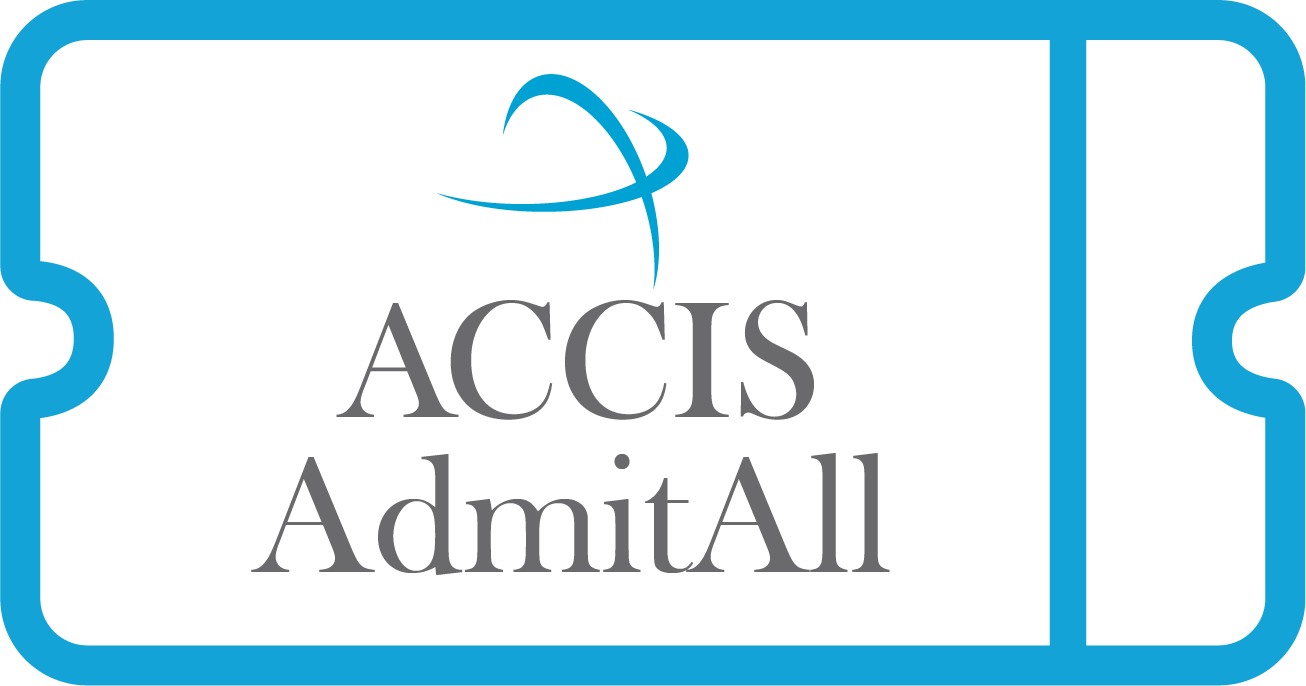
The Waitlist: The Final Frontier
Matthew DeGreeff, Middlesex School
On July 17th, 2020, I was standing in the parking lot of Drake’s Island Beach in Wells, Maine when I received a phone call from a college admissions officer with an urgent request. He wanted to offer Sam, one of our recently graduated students, a spot in the Class of 2024 for the fall semester; however, he wanted to know before the offer was made if Sam would take it. Breathlessly, I called Sam, pulling him away from his summer job to ask him the big question: do you want to go to your dream college that deferred you in early decision, waitlisted you in regular decision, and now wants you to join their incoming class? And by the way, they are asking you to commit on the spot in the middle of the summer! An eternal optimist, Sam had the full range of emotions from sheer joy to momentary confusion. He had done the hard work we asked him to do. He finished his senior year brilliantly, nailing terrific scores on his APs and was recognized by the faculty for his remarkable senior leadership during the crazy spring of 2020. He fell in love with the college he deposited with, and he had found roommates, started registering for classes, and was preparing with his parents to make his first tuition payment. He was in a very good place, yet he kept hope alive for his dream school, just in case something changed. In the spring of 2020, COVID changed everything, and the world of college admissions witnessed record numbers of waitlist acceptances as deans of admissions tried to figure out what the fall of 2020 would look like on their campuses. Within an hour on that hot July day, Sam accepted the offer from his dream school, feeling a bit guilty about saying no to the college he was intending to enroll in, but knowing that he could not turn down an opportunity that he had been considering for nearly two years.
As I reflect back on Sam’s story I wonder who benefits from the waitlist and what are the costs to the students. There is a lot to unpack. In many ways, the waitlist is the most unregulated, least watched, and emotionally loaded space in the admissions cycle. For students, the offer to remain on the waitlist means, as Jim Carrey noted in Dumb and Dumber, that “there’s a chance” that a spot might open up in the incoming class. However, for this generation of students waiting even longer cuts against the grain of their online existence and need for immediate feedback. The waitlist requires another round of “letters of continued interest” to demonstrate their unquestioned fealty to the college along with finishing senior year strongly when their classmates are thinking about attending prom and walking across the stage at graduation. The waitlist requires patience, resilience, and the strength to buckle up and ride out the process to the bitter end, and this is a tall task for students as early May turns into late June with their final notification still pending. One of my old admissions colleagues used to remind younger members on the admissions committee that “until the last acceptance letter is in the U.S. Mail truck that there was always a chance.” As an admissions officer and a college counselor, I have always believed that if there is a chance why not pursue it with eyes wide open, knowing we gave the process our collective best effort; however, I recognize that the elongation of the process is not always healthy for teenagers who need to move forward with their lives. I have found that more and more students are done with the college process by late April. Once they have attended revisit days, felt the love from the college they deposit with, and start to feel a sense of belonging with their college, they are ready to move forward with their lives. The hardy few try to keep hope alive.

